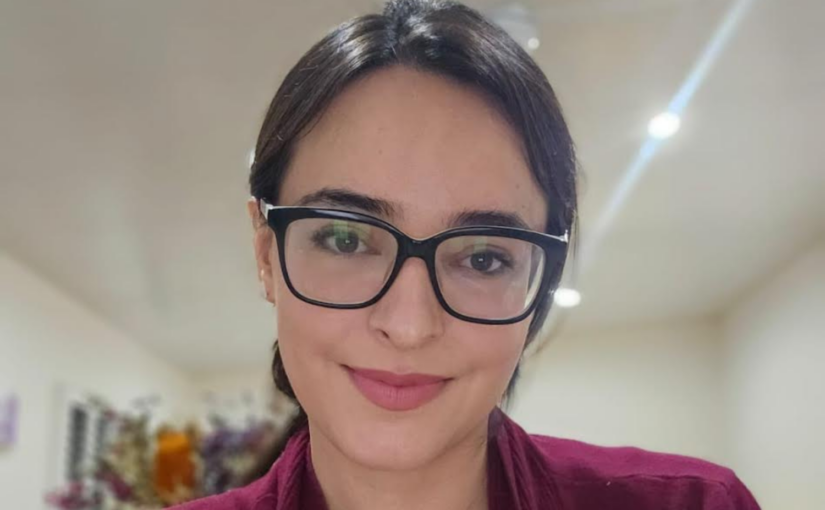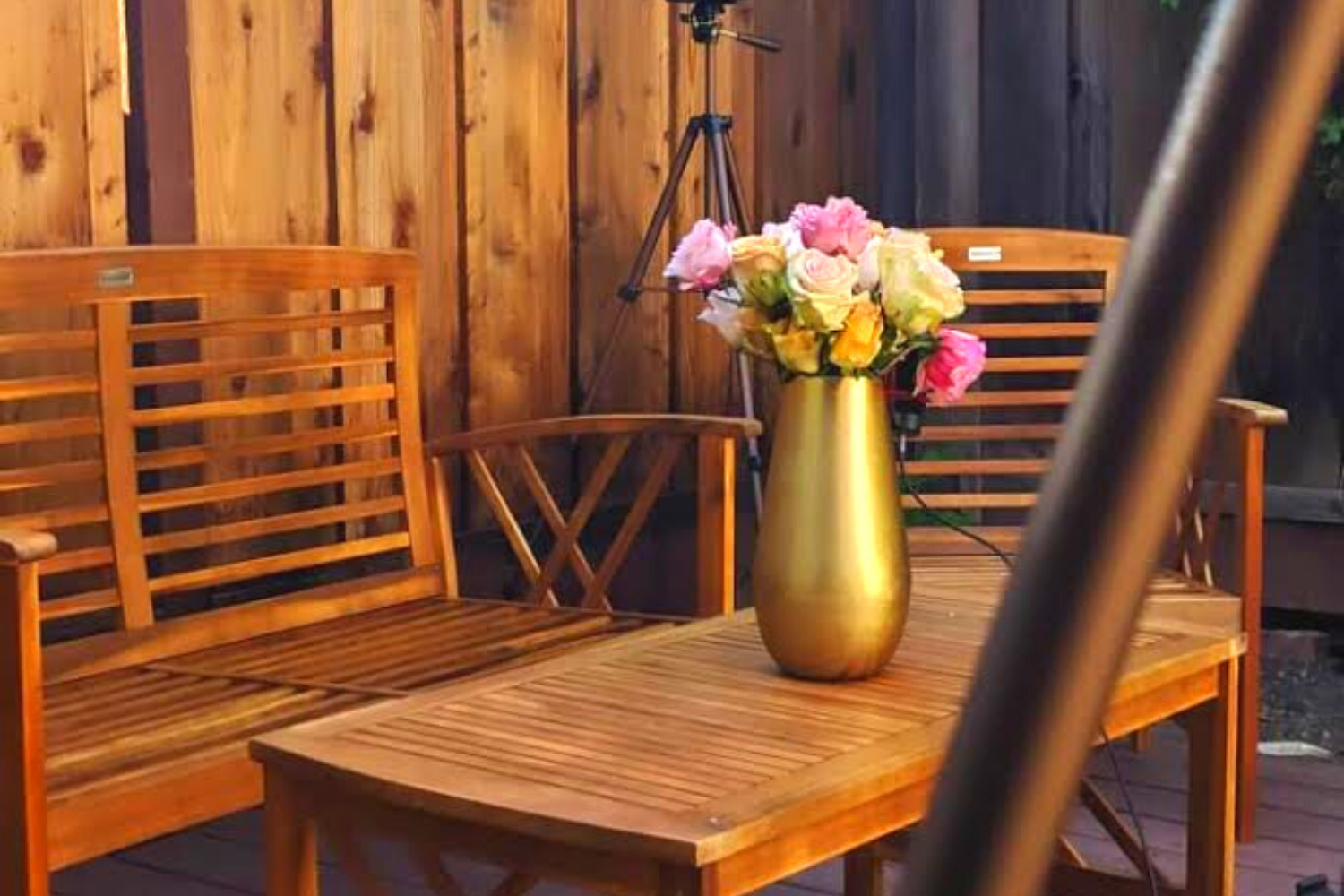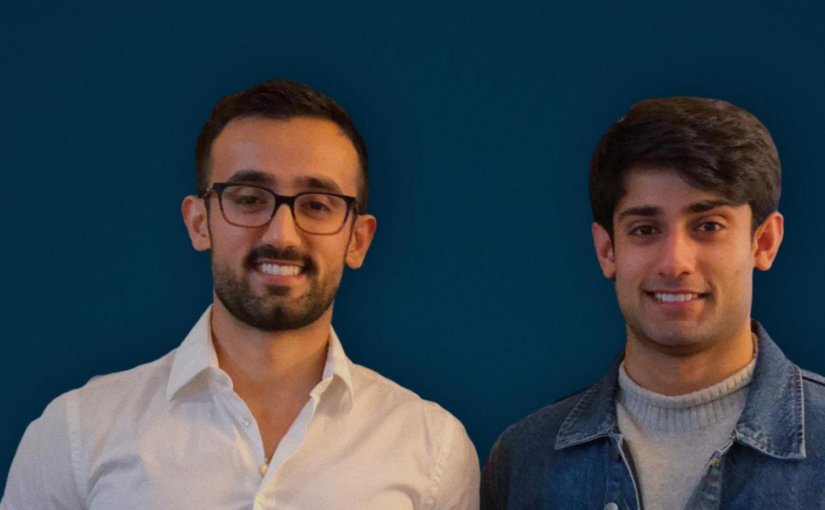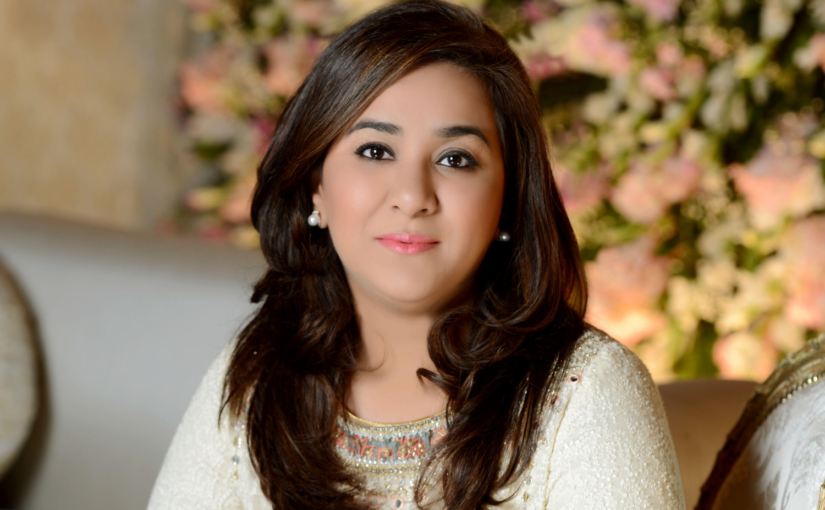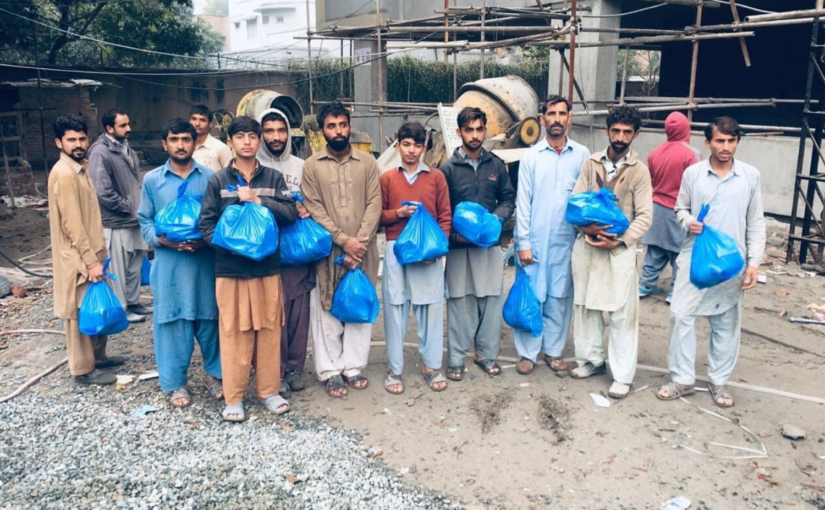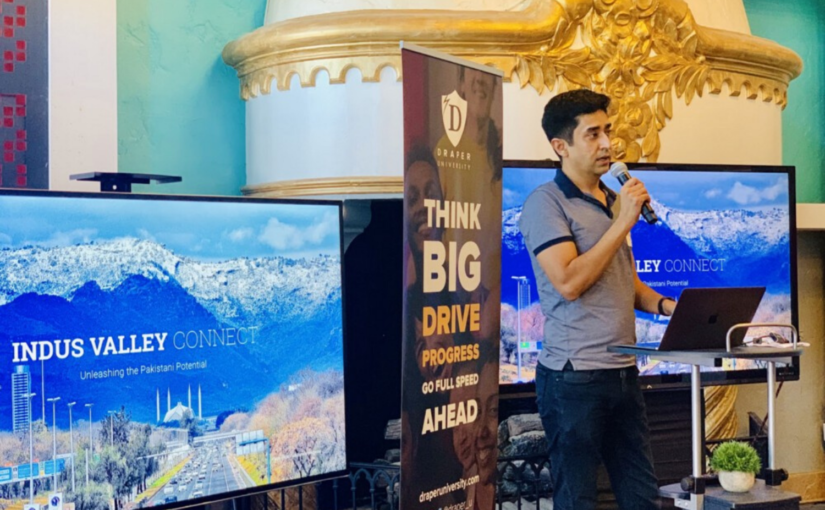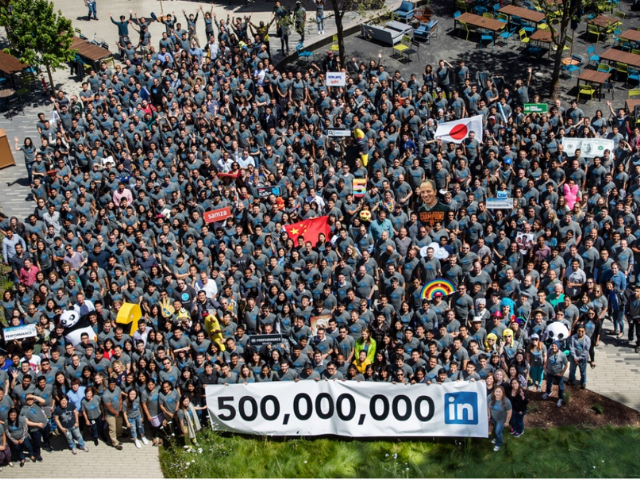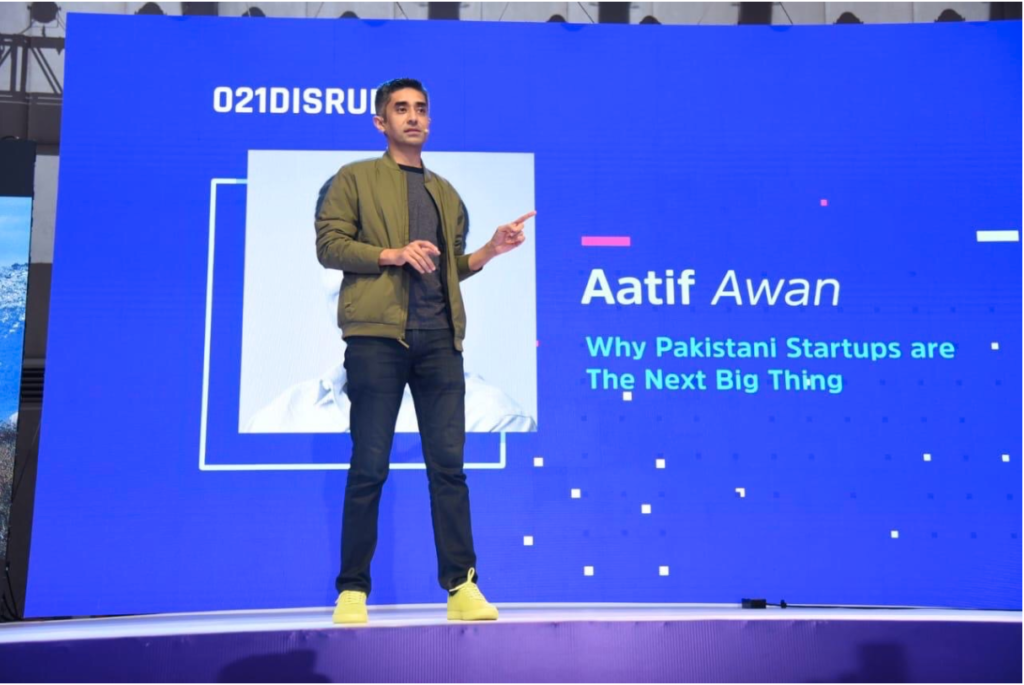By: Anam Khan
Jasmyn Rana has spent 12 years practicing as a therapist. She primarily works with adults and couples. Over the years, she has also dabbled in supervising, teaching, running groups, and consulting with corporations. When asked what inspired her to become a therapist, she said,
“I was completely at a crossroads between my undergraduate and master’s degree and really felt lost with which direction to take. But there were a couple of things I knew specifically that guided me to this place, that I wanted to work one-on-one with people and in some kind of healing capacity.”
In addition to Rana’s years of experience as a therapist, she recently founded Therapy is Brown, an online community of South Asian therapists from all over the globe. Her new venture is a gratifying blend of entrepreneurial spirit and her extensive background as a therapist.
Rana has witnessed the therapy landscape in Pakistan go through many changes ever since she started her practice. According to Rana, when she started working in Lahore, private practice wasn’t a direction most therapists pursued full-time due to “questionable demand at the time as a result of the mental health stigma.” However, Rana said that in the last decade, she has watched the therapy landscape in Pakistan transform.
“I have witnessed over the years the therapy field go from people creeping into clinics with their faces covered, ushered by shame – to a huge boom in demand and not enough supply,” she said. Rana also said there are many more therapists in Lahore now than when she first started. However, she noted that there is still a lack of regulation since therapy remains an unrecognized field in Pakistan, which results in concerns like unethical practices. “Just do your homework before you select someone,” she said.
Rana has come very far since embarking on her journey as a therapist. When asked about her approach to therapy and how she builds trust, she said,
“it’s not so much an active building of trust as much as the fact that clients will be able to feel the safety if you are truly invested in working on those aspects of yourself as a therapist. You have to be really rooted in your own ethics for this to translate to your client’s experience.”
Rana pointed out that after the COVID-19 outbreak, “the therapy landscape all over the world changed with most people now looking for online therapists.” According to Rana, therapy became a more “online practice,” which is why “clients also felt more entitled to want the right match and not just settle for the available person in their area.”
She also noticed that South Asians were having a hard time finding a South Asian therapist when people from all corners of the world reached out and said it was impossible to find “a good culturally attuned therapist.” At the time, Rana said she couldn’t understand how this is true, because she knew of many “gifted therapists doing fantastic work.” Rana also said that the international South Asians who reached out to her were sometimes hesitant to work with someone directly from Pakistan or India because they were afraid of being judged.
However, she realized people needed “a bridge” to find qualified South Asian therapists. Rana said she created Therapy is Brown to “be that bridge.” “Therapy is Brown fills a very specific gap in the market for globally exposed South Asians,” she added.
Rana said launching Therapy is Brown was a “leap of faith” because she didn’t have prior experience setting up a digital platform but recognized its potential. It offers free matching consultations with very senior therapists running the matching process. As for the matching criteria, Rana said, “We look at aspects that are both obvious and nuanced; from something as simple as gender down to something as subtle as personality type…other important factors are the kind of issue you might be seeking therapy for (as many of our therapists have unique areas of specialization), as well as forming an assessment on the modality of therapy that might best suit you and so on.”
When asked about the steps she took to turn the idea of Therapy is Brown into reality, Rana said,
“It started first with some market research to test some of my intuitive hypotheses around supply and demand. Once I had done that, my next step was to put together the right team. Found a wonderful tech company willing to support us and then hired the right creatives with a shared vision – and got really lucky with the kind of people willing to share their skills with us.”
Once the digital functionality and creative features were in place, Rana said she started inviting therapists to join the community. “I maintained quality for Therapy is Brown by hand-picking some of the best names out there, all people I have worked closely with in some capacity.”
After this outreach, Rana sorted out business registrations, banking merchant portals, and legal liabilities. After launching, she continued to grow the community by starting a podcast.
‘sIf you’re wondering how to get started with using Therapy is Brown’s services, here’s what you can do:
- Head over to the website, www.therapyisbrown.com, and click “get matched” to book a free matching consultation with Rana.
- Head over to your preferred therapist and directly book a 15-minute free consult with them.
- Message @therapyisbrown on Instagram if you have any questions, and expect to hear back within a day.
Anam Khan is a content strategist and founder of The NewsRun.
